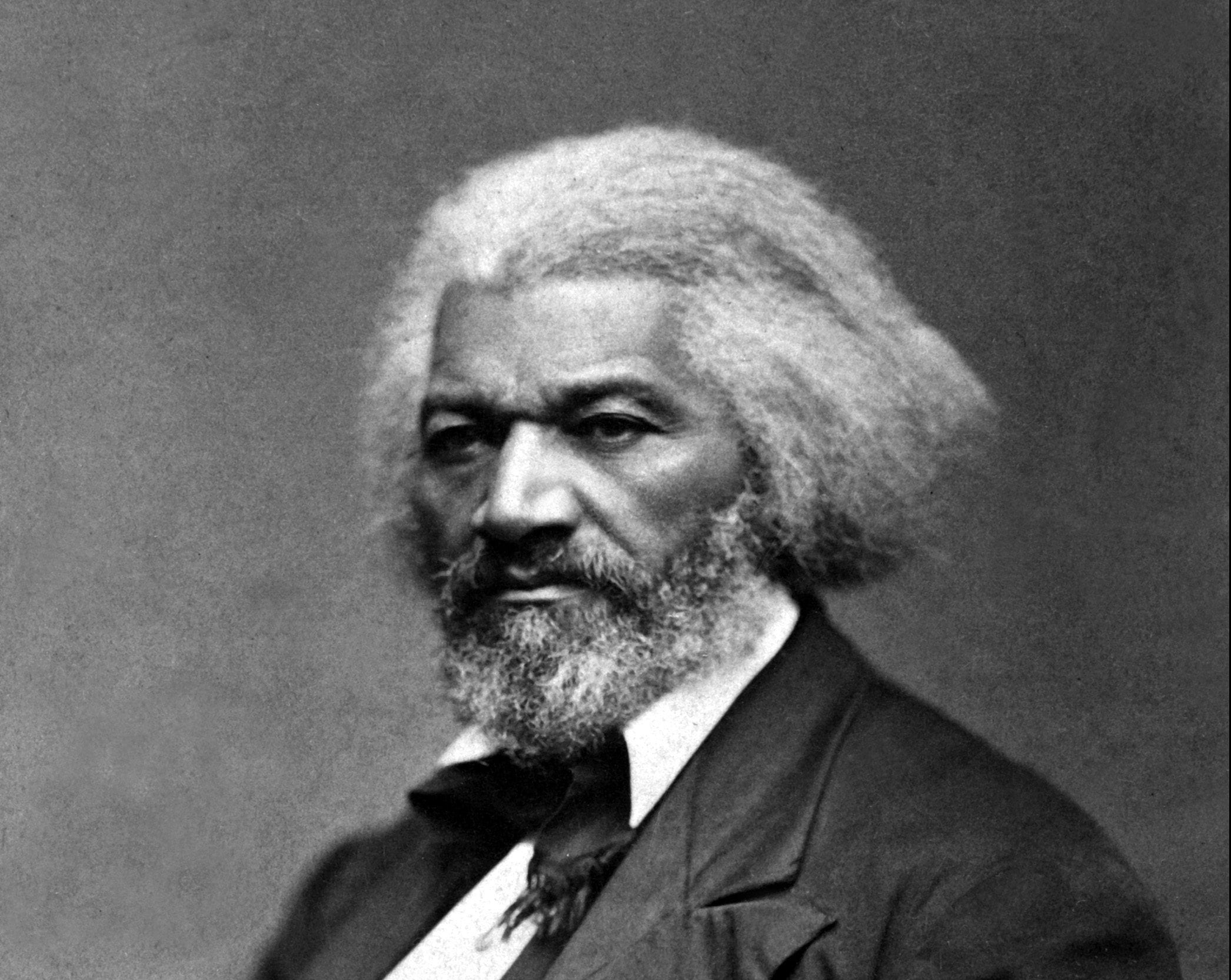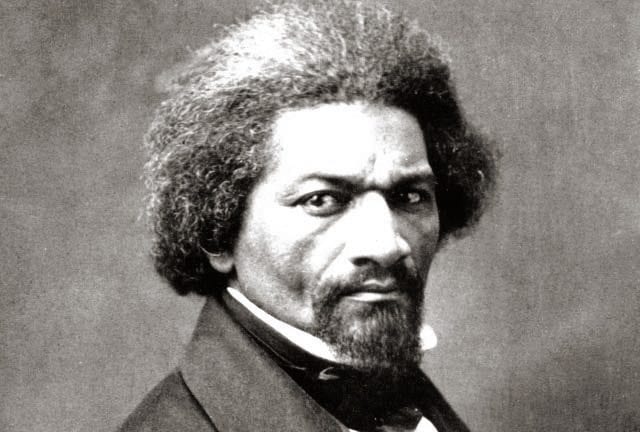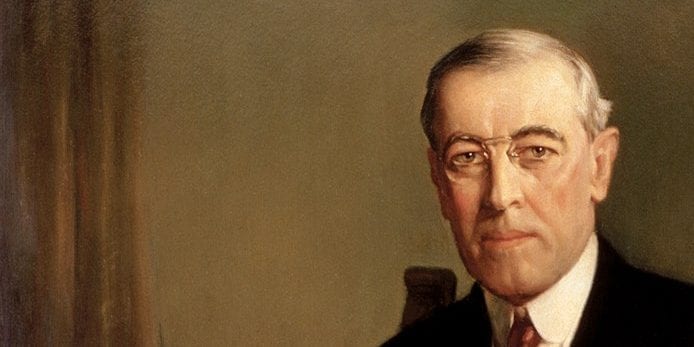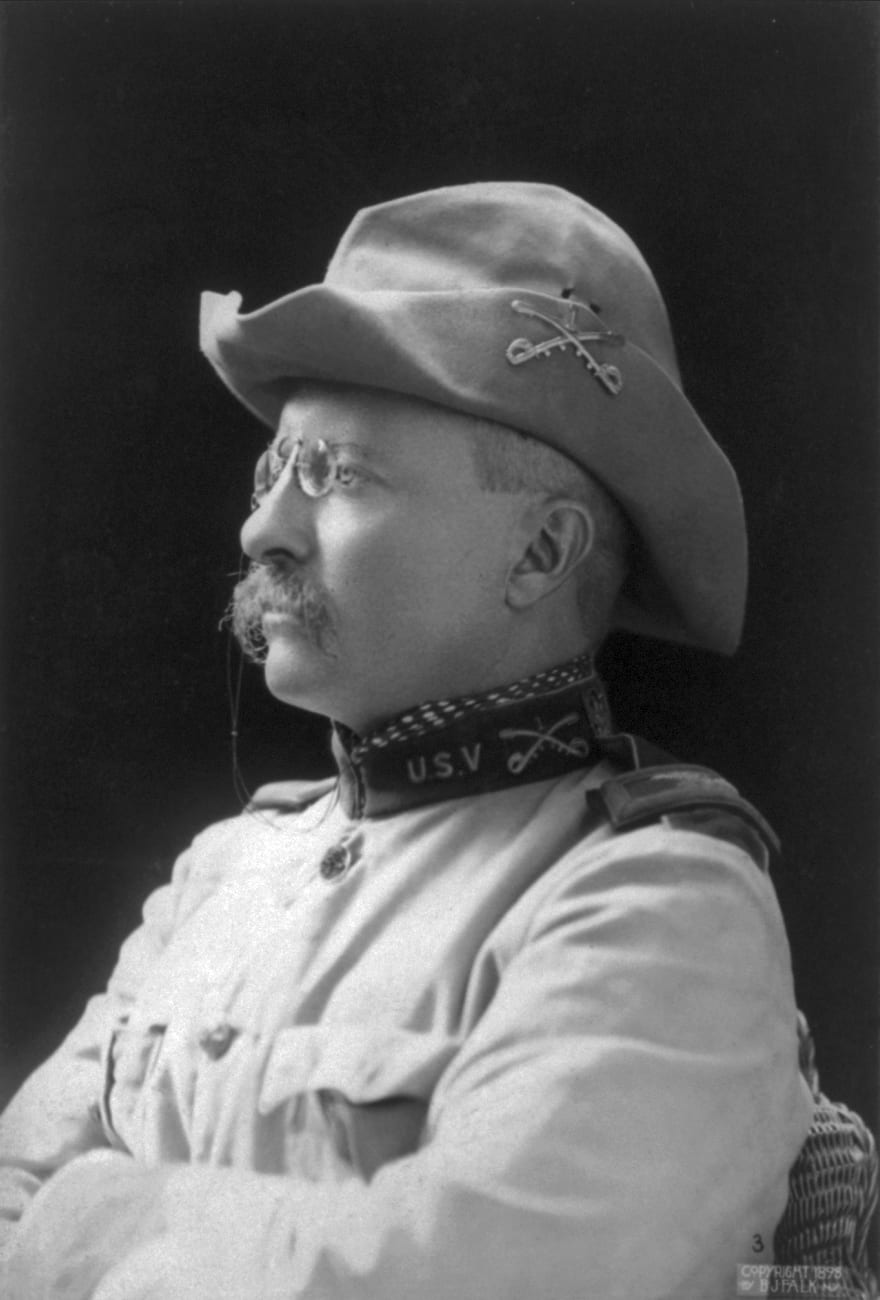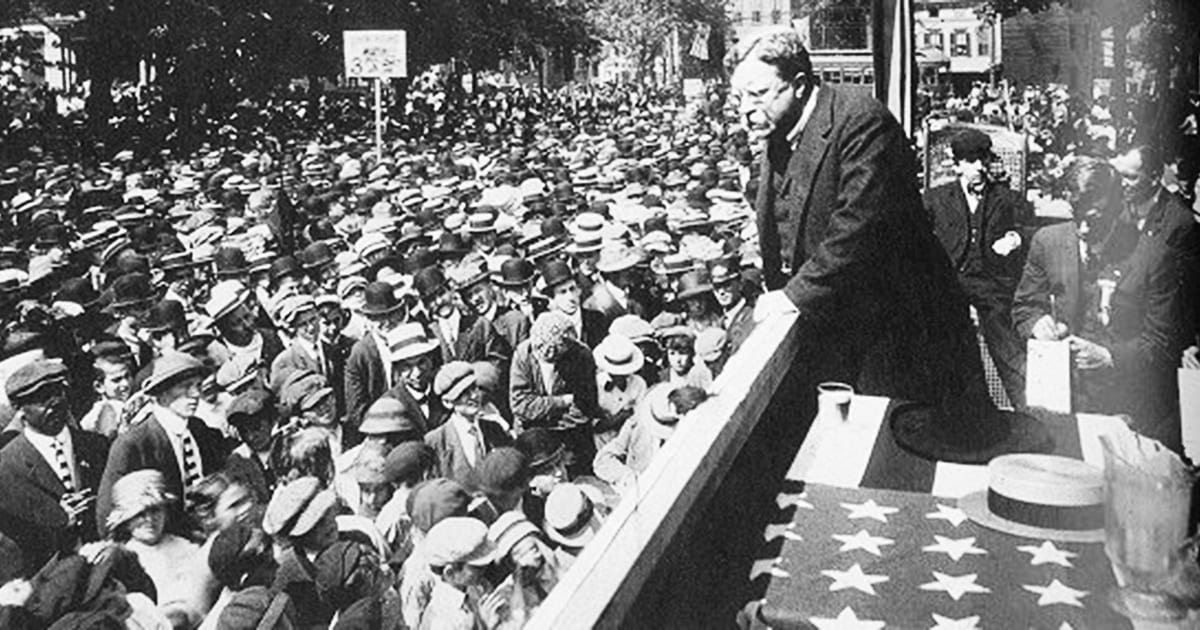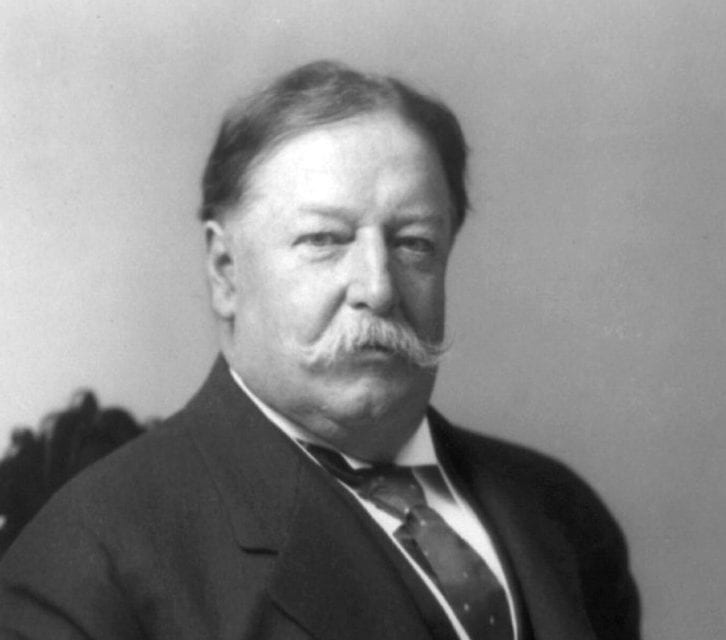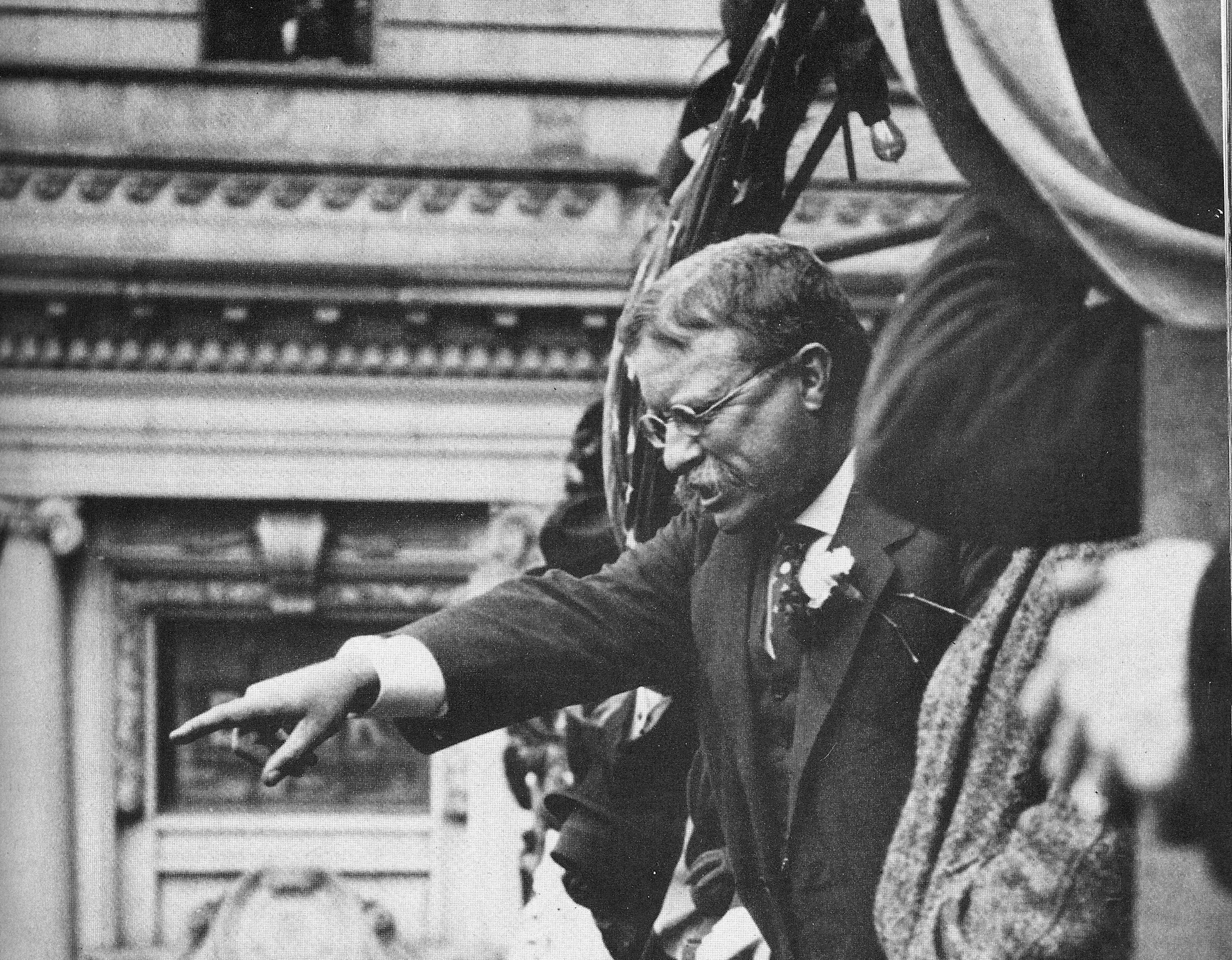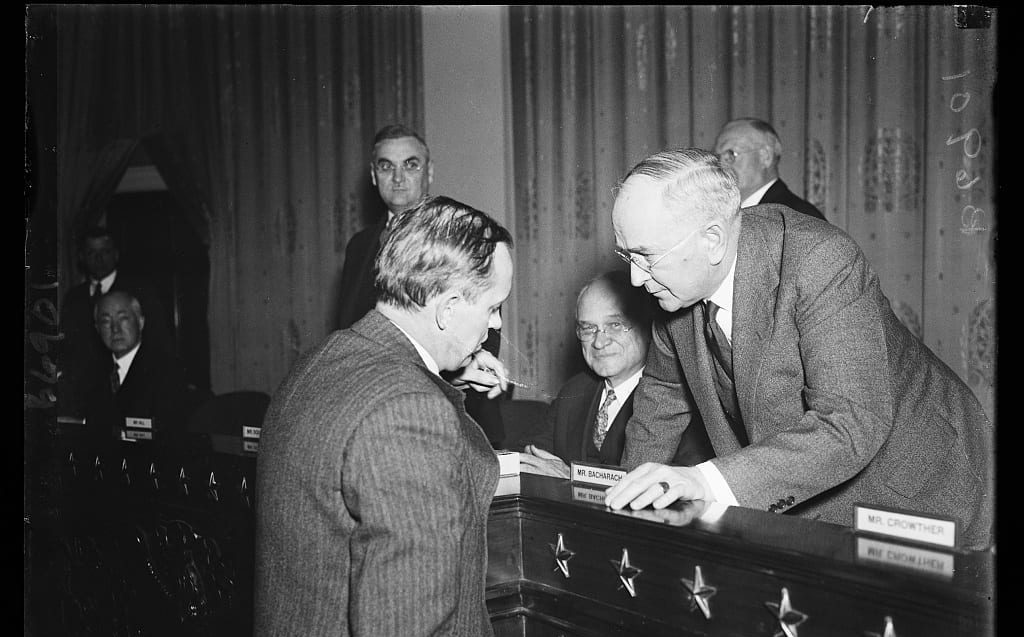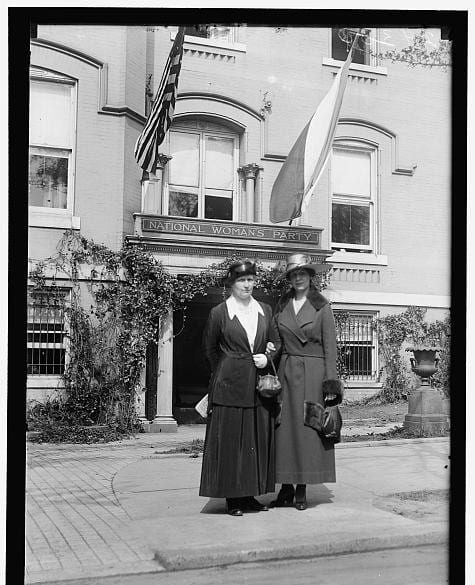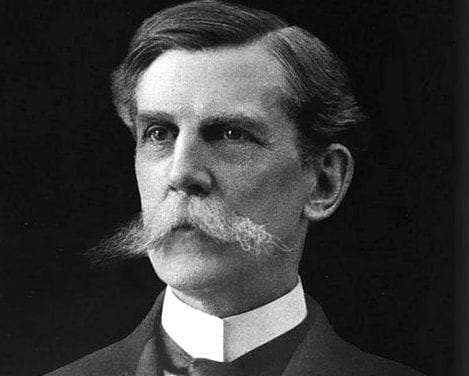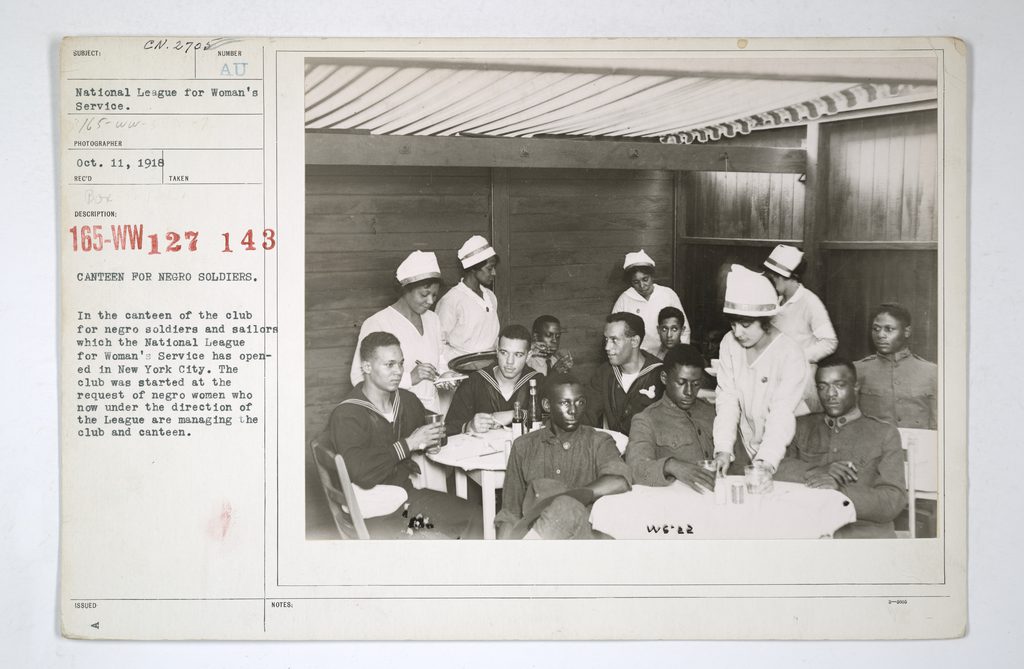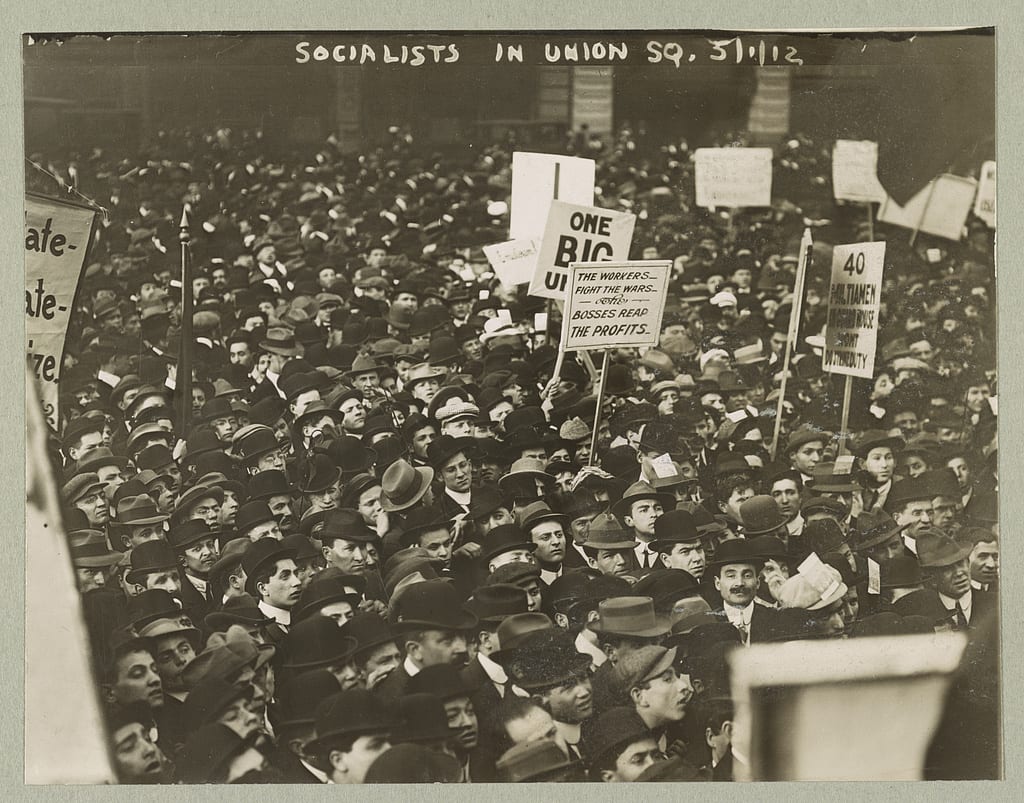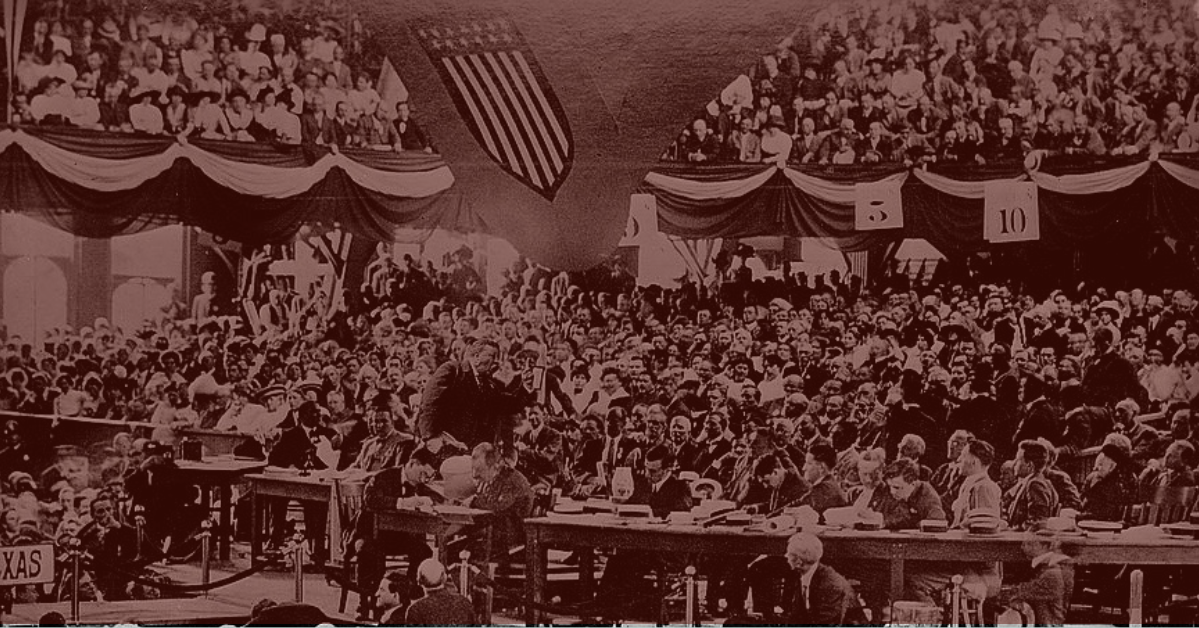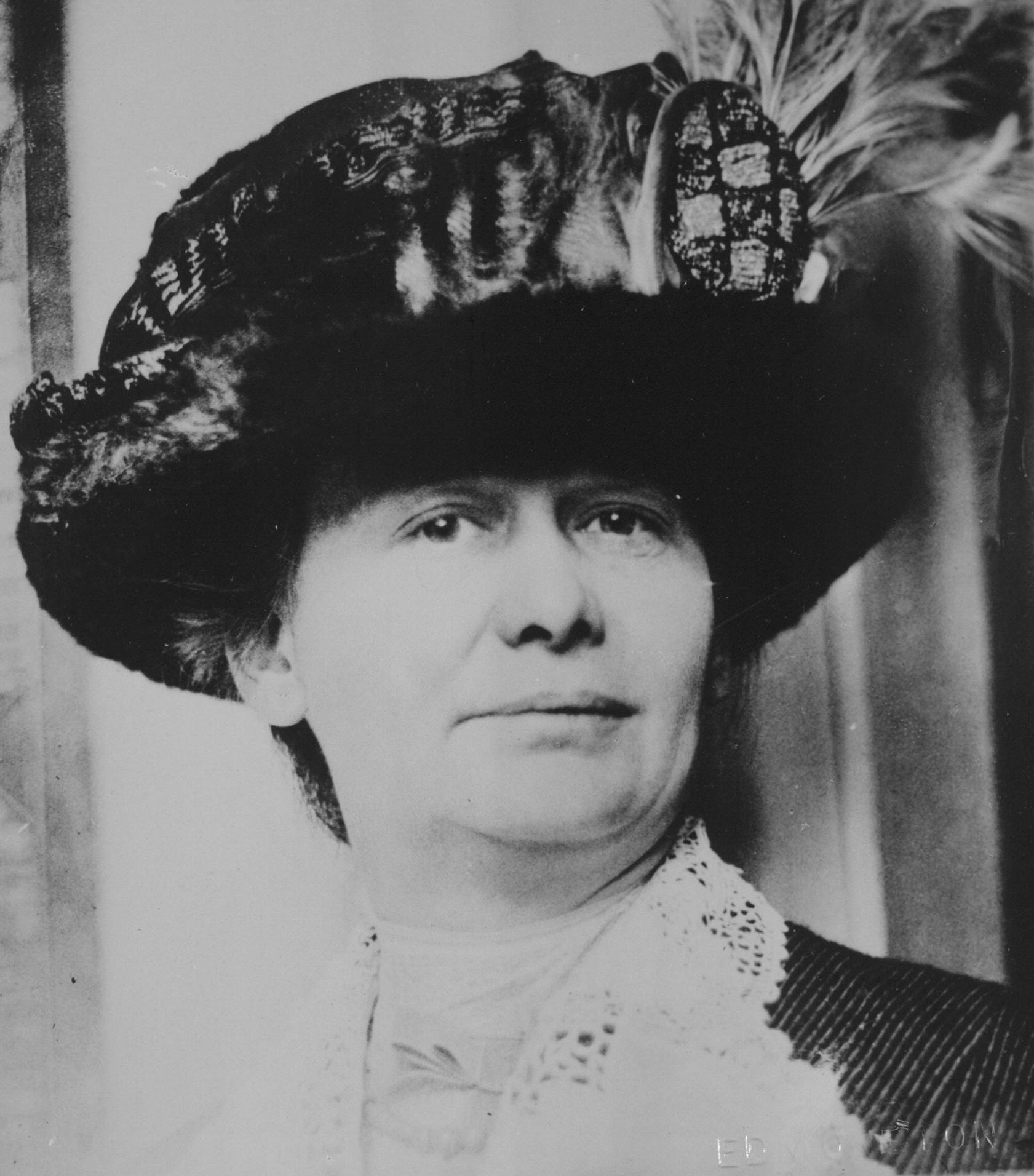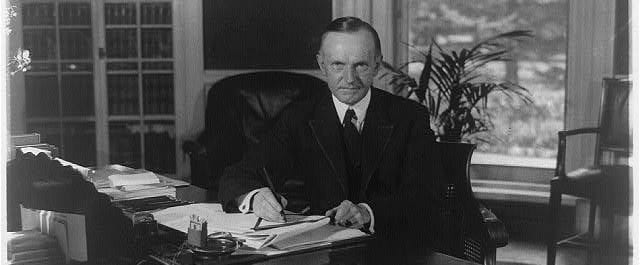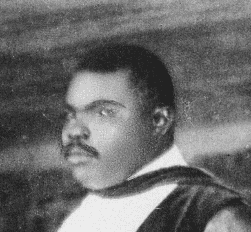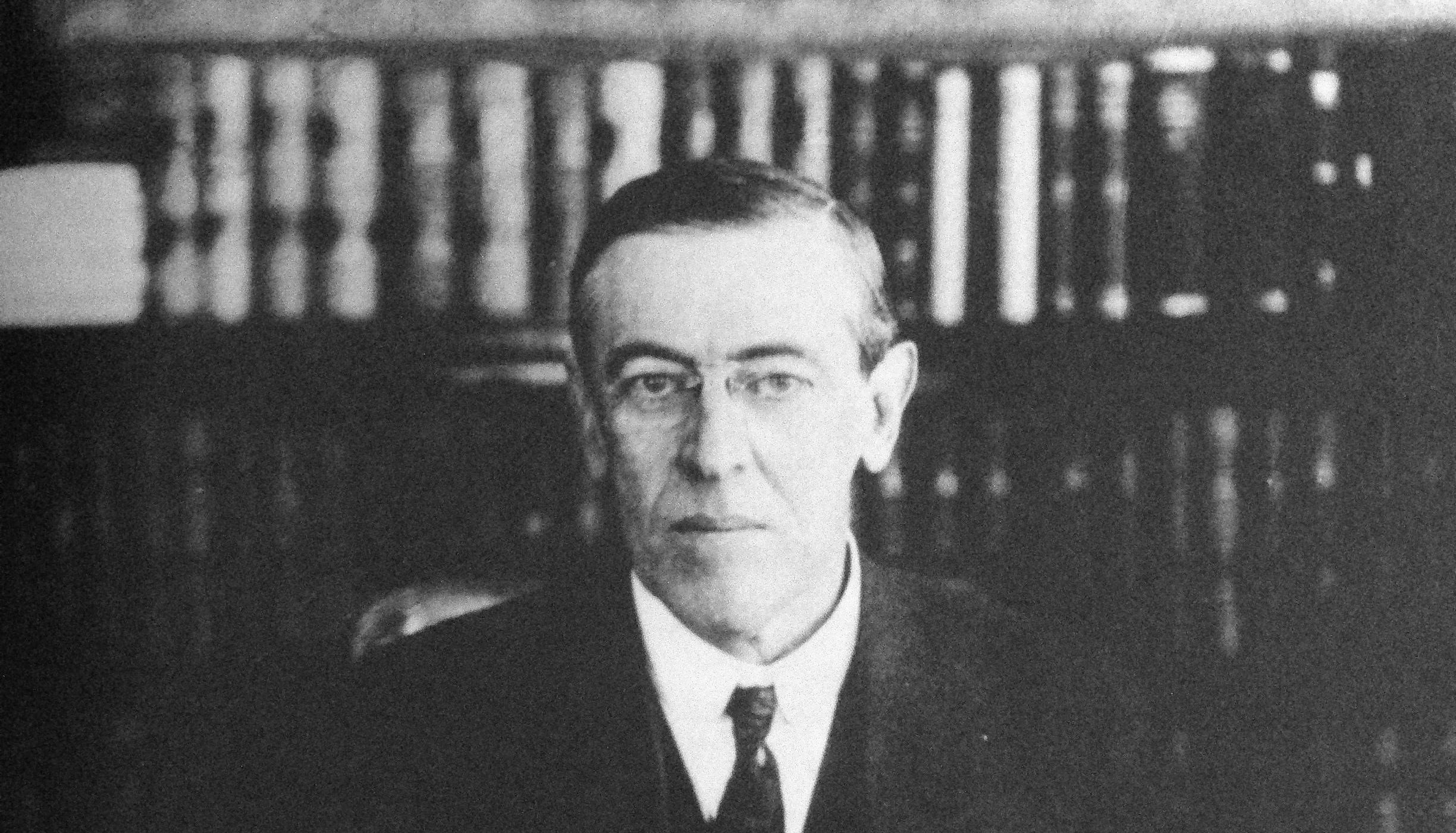
No study questions
No related resources
Introduction
For about 30 years, from around 1900 to the late 1920s, America had an active and popular eugenics movement. Supporters of eugenics argued the public good required removing from the population genes thought to cause low intelligence, or immoral, criminal or anti-social behavior. Beginning with Connecticut in 1896, states passed laws requiring medical exams before issuing marriage licenses to make sure the unfit did not reproduce. (See the New York Times article “Pastors for Eugenics” for an effort to support such laws.) Indiana passed the first compulsory sterilization law in 1907, although other states had tried and failed before. Prominent Americans – among them Theodore Roosevelt, Stanford University President David Starr Jordan, W. E. B. Du Bois, and Margaret Sanger – supported the eugenics movement, as did such organizations as the National Federation of Women’s Clubs, the National Conference of Charities and Corrections, and various religious organizations. State Fairs included Better Baby contests. As the list of its supporters indicates, eugenics was considered a progressive reform, related to the larger Progressive movement by its emphasis on the good of society and the use of science and rationality to achieve it.
Eugenics always had its critics. A referendum authorizing sterilization failed in Oregon in 1913. Some governors refused to sign eugenic legislation. Nebraska’s governor vetoed a eugenics bill in 1913, writing that the legislation was “only an experiment and it seems more in keeping with the pagan age than with the teachings of Christianity. Man is more than an animal.” Not every state legislature passed such legislation. Federal and state courts regularly found forced sterilization laws unconstitutional because they were cruel and unusual punishments or because the application of the laws denied equal treatment. In addition to more conservative Protestants, Catholics and their clergy largely opposed eugenics.
Despite the opposition it faced, eugenic sterilization remained alive in part because of the Supreme Court decision Buck v. Bell, which found constitutional the sterilization of Carrie Buck by the State of Virginia. From the beginning, Buck’s sterilization was intended to be a test case. Supporters of eugenics and sterilization hoped the case would reach the Supreme Court and that the Court would find sterilization constitutional. This would at once supersede all the rulings of state courts against sterilization. Buck’s guardian, appointed by those intending to sterilize her, took her case to Virginia state courts and eventually the Supreme Court. (The lower Virginia court found no grounds to block the sterilization.) The Supreme Court decided that nothing in the U.S. Constitution prevented Virginia from sterilizing Buck. Eight of nine justices joined in the decision, written by Justice Oliver Wendell Holmes, perhaps the preeminent jurist of the time. Holmes’ decision contained the now infamous remark, “Three generations of imbeciles are enough.” The only dissent in the case came from Associate Justice Pierce Butler, a Catholic.
Sterilization continued as a legal regime even after eugenics ceased to be a popular movement. Thirty-one states eventually had sterilization programs, often adopting the language of the Virginia legislation that the Supreme Court approved, which had been drafted by a lawyer to increase its chances of meeting legal scrutiny. Sterilizations increased and did not cease until the 1960s. (The sterilization program in North Carolina lasted until 1977.) California, a leading Progressive state, sterilized about 20,000 people, a third or so of the almost 70,000 individuals sterilized in the United States.
Toward the end of his discussion of eugenics, G. Stanley Hall wrote of “the kingdom of some kind of superman” to which eugenics might lead. This remark foreshadowed the darkness of the Holocaust and reminds us that Hitler cited America’s eugenics movement and laws as a precedent.
Harry Hamilton Laughlin, Eugenical Sterilization in the United States (Chicago: Psychopathic Laboratory of the Municipal Court of Chicago, December 1922), 35–36. Laughlin’s book was a compendium of legislation, veto messages, and court cases concerning sterilization. Its purpose was to promote sterilization, especially by helping state legislatures pass sterilization laws that would avoid vetoes and survive court review.
Commonwealth of Pennsylvania
Executive Department
Harrisburg, March 30, 1905
To the Honorable, the Senate of the Commonwealth of Pennsylvania:
Gentlemen: I return herewith, without my approval Senate Bill No. 35, entitled, “An Act for the prevention of idiocy.” This bill has what may be called with propriety an attractive title. If idiocy could be prevented by an act of assembly, we may be quite sure that such an act would have long been passed and approved in this state, and that such laws would have been enacted in all civilized countries. The subject of the act is not the prevention of idiocy, but it is to provide that in every institution in the state, entrusted with the care of idiots and imbecile children, a neurologist, a surgeon and a physician shall be authorized to perform an operation upon the inmates “for the prevention of procreation.” What is the nature of the operation is not described but it is such an operation as they shall decide to be “safest and most effective.” It is plain that the safest and most effective method of preventing procreation would be to cut the heads off the inmates, and such authority is given by the bill to this staff of scientific experts. It is not probable that they would resort to this means for the prevention of procreation, but it is probable that they would endeavor to destroy some part of the human organism. Scientists, like all other men whose experiences have been limited to one pursuit, and whose minds have been developed in a particular direction, sometimes need to be restrained. Men of high scientific attainments are prone, in their love for technique, to lose sight of broad principles outside of their domain of thought. A surgeon may possibly be so eager to advance in skill as to be forgetful of the danger to his patient. Anatomists may be willing to gather information by the infliction of pain and suffering upon helpless creatures, although a higher standard of conduct would teach them that it is far better for humanity to bear its own ills than to escape them by knowledge only secured through cruelty to other creatures. This bill, whatever good might possibly result from it if its provisions should become a law, violates the principles of ethics. These feeble-minded and imbecile children have been entrusted to the institutions by their parents or guardians for the purpose of training and instruction. It is proposed to experiment upon them, not for their instruction, but in order to help society in the future. It is to be done without their consent, which they cannot give, and without the consent of their parents or guardians, who are responsible for their welfare. It would be in contravention of the laws which have been enacted for the establishment of these institutions. These laws have in contemplation the training and the instruction of the children. This bill assumes that they cannot be so instructed and trained. Moreover, the course it is proposed to pursue would have a tendency to prevent such training and instruction. Everyone knows, whether he be a scientist or an ordinary observer, that to destroy virility is to lessen the capacity, the energy and the spirit which lead to effort. The bill is, furthermore, illogical in its thought. Idiocy will not be prevented by the prevention of procreation among these inmates. This mental condition is due to causes many of which are entirely beyond our knowledge. It existed long before there were ever such inmates of such institutions. If this plan is to be adopted, to make it effective it should be carried into operation in the world at large, and not in institutions where the inmates are watched by nurses, kept separate, and have all the care which is likely to render procreation there very rare, if not altogether impossible. In one of these institutions, I am reliably informed, there have only been three births in ten years. A great objection is that the bill would encourage experimentation upon living animals, and would be the beginning of experimentation upon living human beings, leading logically to results which can readily be forecasted. The chief physician, in charge at Elwyn,1 has candidly told us, in an article recently published upon “Heredity,” that “Studies in heredity tend to emphasize the wisdom of those ancient peoples who taught that the healthful development of the individual and the elimination of the weakling was the truest patriotism – springing from an abiding sense of the fulfillment of a duty to the state.’’
To permit such an operation would be to inflict cruelty upon a helpless class in the community which the state has undertaken to protect. However skillfully performed, it would at times lead to peritonitis, blood poisoning, lockjaw and death. For these reasons the bill is not approved.
SAML. W. PENNYPACKER
- 1. Martin W. Barr was the physician in charge of Elwyn. Elwyn was Pennsylvania’s institution for disabled children, established in 1852. Pennypacker may have been quoting from Barr, Mental Defectives: Their History, Treatment, and Training (Philadelphia: P. Blakiston’s Son & Company, 1904).

Conversation-based seminars for collegial PD, one-day and multi-day seminars, graduate credit seminars (MA degree), online and in-person.



